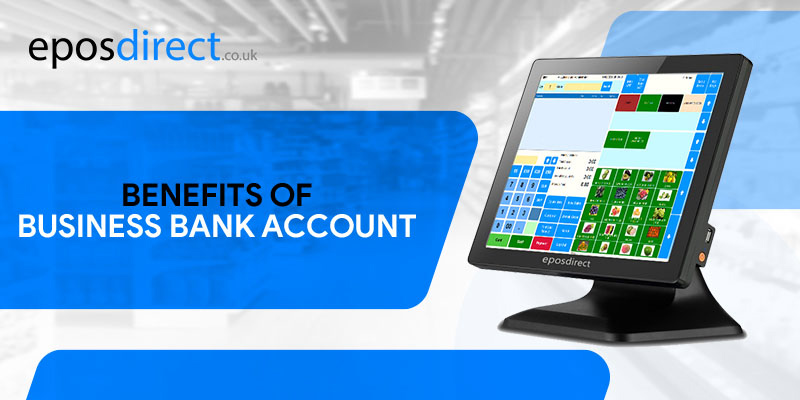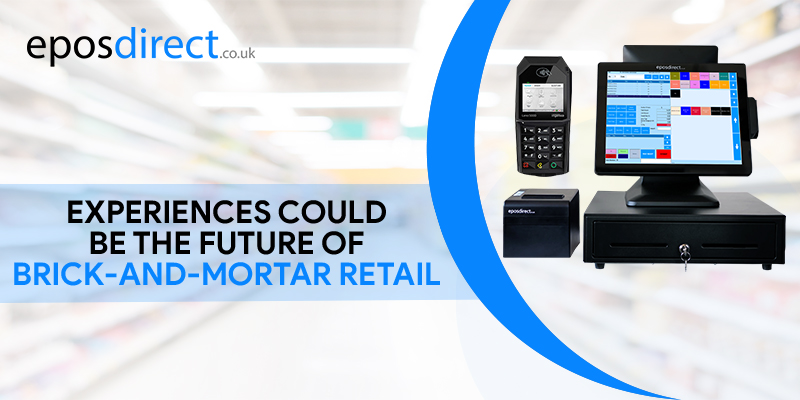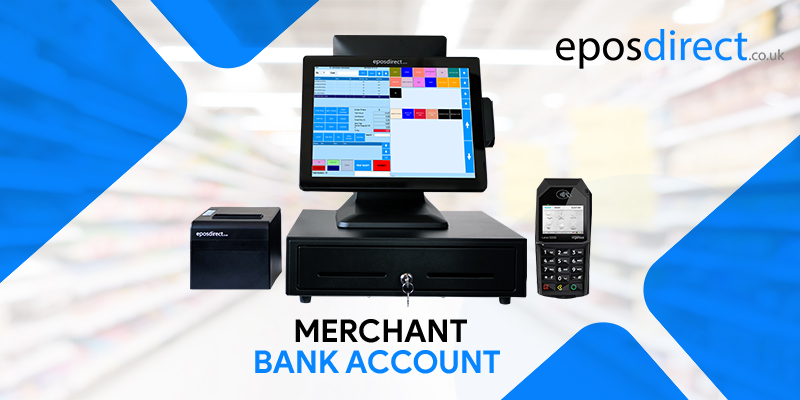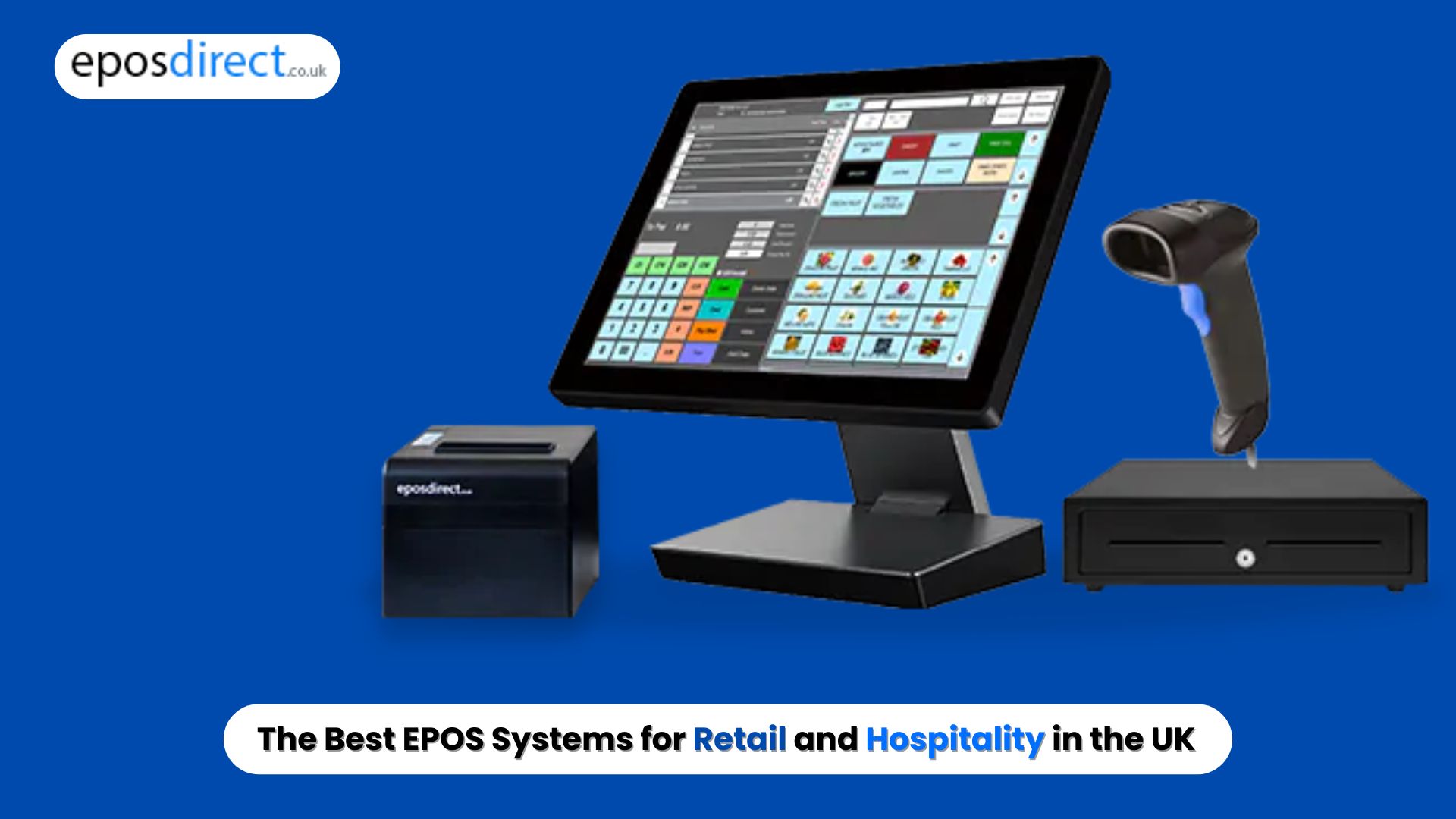We use cookies to make your experience better.
To comply with the new e-Privacy directive, you agree to the privacy policy and our use of cookies
Benefits Of Opening A Business Bank Account
If you're ready to accept or invest the money as your business, open a business account. A business bank account keeps you legally compliant and safe. It also has perks for your customers and employees.
What is a business bank account?
A Business Account is a specialized Current Account with additional features. These additional features vary by bank, but they typically provide plenty of services in a single account. The Current Account grants access to the business to other services offered by the bank at reduced rates, access to other services such as marketing, and the opportunity to network with peer groups in bank-led initiatives. A specially designed Business Account can assist a business in obtaining additional expertise from the bank. A Business Account provides a company with other resources to help it grow.
Types of business accounts to open
Based on whichever bank you select, you may be able to choose from a variety of different business bank accounts. The majority fall into one of the following categories:
Startup business bank accounts. These are typically for new or small businesses, as well as freelancers and sole proprietors. Some include a fee-free trial period and business support tools to assist you in getting your venture off the ground.
Business bank accounts for both new and established businesses. These accounts are frequently classified by turnover, with limits and charges based on the size of your company.
Community and not-for-profit accounts. Most UK banks offer a dedicated everyday account with low or no-fee banking if you run a charity, social enterprise, club, school, or other non-profit.
Many banks also provide multi-currency accounts for businesses that want to trade internationally. Several digital/mobile banks offer business bank accounts with no credit checks if you’re concerned about your credit.
The Advantages of Business Bank Accounts
You must create a business bank account as early as possible you begin accepting or spending money as part of your business. A checking account, a savings account, a credit card account, and a merchant services account are all examples of common business accounts. You can take credit and debit card payments with a merchant account.
Once you've obtained your federal EIN, you can open a business bank account.
Most business bank accounts provide benefits that a standard personal bank account does not.
Protection
With maintaining your business finances distinct from your private funds, business banking provides limited personal liability protection. Merchant services also offer buyer protection for your clients and maintain the security of their personal information.
Professionalism
Consumers will be able to pay you with credit cards and checks made out to your business rather than straight to you. You'll also be able to choose day-to-day banking tasks for employees on behalf of the company.
Readiness
Business banking typically includes the option of a line of credit for the company. This can be used in an emergency or if your company requires new equipment.
Purchasing authority
Credit card accounts can benefit your company by making large purchases while also establishing a credit history.
Look for a low-fee account with good benefits
Some entrepreneurs open a business account at the same bank where they keep their accounts. Rates, fees, and options differ from bank to bank, so shop around to ensure you get the best rates and benefits.
Consider the following when opening a business checking or savings account:
You have several options to select from. Should you use a major corporate bank, a regional bank, or a credit union? It's a difficult choice. Everything depends on what you're looking for.
Here are several matters to consider.
Bank fees
Every bank charges fees, some of which are higher than others. Make certain to inquire about fees and their structure.
In some cases, you will be charged for failing to maintain a minimum balance in your account. ATM fees can quickly add up. Some banks even charge a fee just to keep the account open.
Because they have a greater amount of clients, large banks can usually offer lower fees. Inquire about common fee increases and whether any of the rates are promotional and will expire soon.
Lending ability
Inquire about your lender's lending capabilities. Is it possible for the banker with whom you work to approve a small business loan, or does it have to go through sixteen layers of corporate executives first? It's something you'll want to be aware of right away.
Regional banks and credit unions typically have more flexibility in this area.
Online features
The majority of entrepreneurs prefer online features. They are available at the majority of banks.
Ask about specific features you require, such as online bill pay or the ability to transfer money from your business account to your personal account and compare prices with other banks.
Online banks
There are more online banks than ever before, and some entrepreneurs find their features appealing. Online banks typically provide optimized digital features such as banking apps and user-friendly dashboards.
There is no face-to-face interaction, which may or may not be a benefit depending on your business. It can also be difficult to deposit cash if your company has a physical location.
The most time-consuming aspect of the procedure is probably finding the right bank. It can take some time to study what each bank offers and how it fits into your business.
Consider the following when opening a merchant services account:
Discount rate: The fee charged for each transaction processed.
Transaction fees: The amount charged for each credit card transaction
Address Verification Service (AVS) fees
ACH daily batch fees: Fees are assessed when you settle credit card transactions for the day.
Minimum monthly fees: Fees assessed if your company fails to meet the minimum number of transactions.
Payment processing firms are becoming a more popular alternative to traditional merchant services accounts. Payment processing companies occasionally provide extra functionality, such as accessories that allow you to accept credit card payments using your phone. The fee categories that you must consider are similar to merchant services account fees. If you find a payment processor you like, keep in mind that you'll still need to link it to a business checking account in order to receive payments.
Gather the documents required to open a business bank account
Once you've decided on a bank, opening a business bank account is simple. To begin, go online or to a local branch. Here are a few of the documents requested by banks when opening a business bank account. Some banks may request more.
What is the cost of opening a business account?
Starting a business bank account should be free, but once you're up if you’re concerned about your credit several and running, there are usually monthly fees to pay. If you select a startup account, you may be eligible for a fee-free period. Before beginning the application process, it is always good to thoroughly check and compare the fees charged by different business bank accounts.
What to Expect When Opening an Account
To open a business account, you'll have to meet with a banker to discuss your company's needs. The banker will go over several account alternatives with you as well as go over your documentation. You will also fill out an application if you haven't already.
You will fill out a signature card so that the bank may compare your signature to various transactions. If you have a business partner, they will also need to sign a card to access the account.
The bank will check your credit score. Because the bank wants to know who they're working with, they'll look into your financial history. If you intend to apply for a line of credit or a loan, your credit score will play a role in the decision.
The entire process will most likely take an hour or so, possibly longer, if you intend to discuss additional products such as savings accounts, business credit cards, or lines of credit.
You will be given a temporary chequebook, and most banks will provide you with a temporary ATM or debit card. After a few days, you'll receive your official chequebook and debit card in the mail.
Maintain your bank account
It's a good idea to check your banking options at least once a year. Examine the fees to ensure you are not being charged for anything additional. If you notice anything out of the usual, contact your bank to address the situation.








